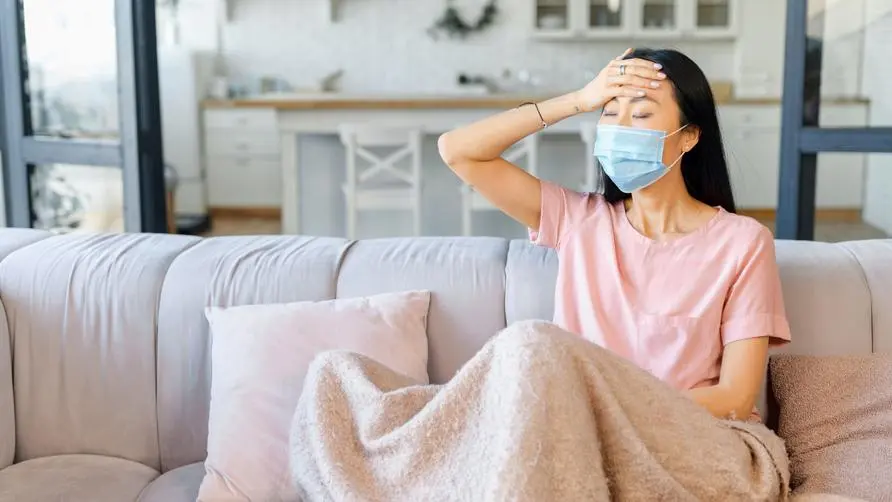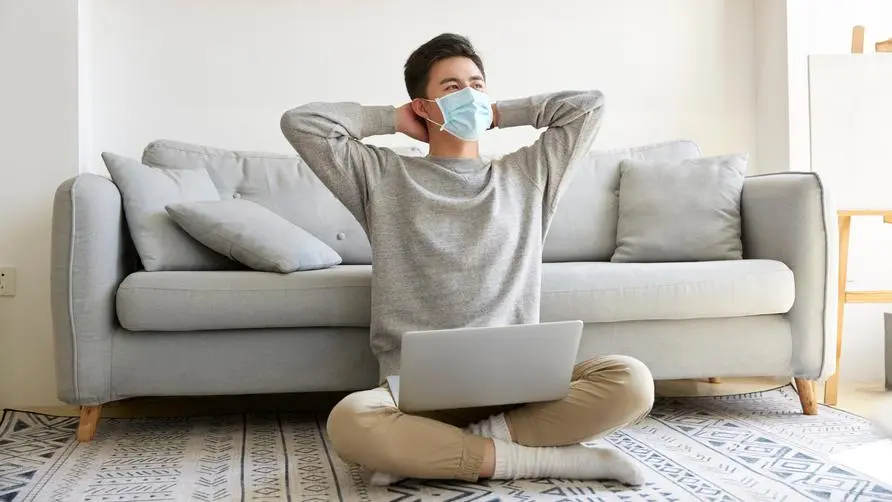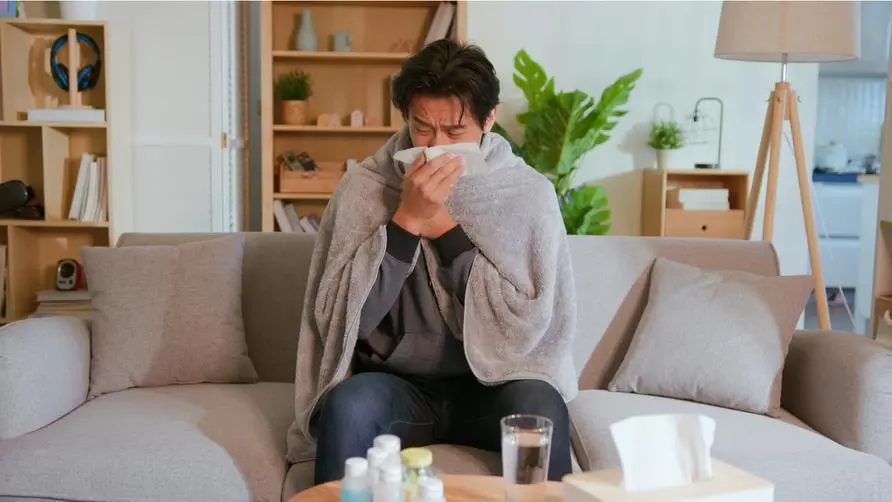"I feel so tired" because I can't go anywhere even though I'm living apart? 5 changes to help maintain a good mood throughout the day

As the daily number of confirmed cases of the epidemic in Taiwan exceeds 10,000, the number of people requiring “home isolation” or “home quarantine” is increasing day by day. It is inevitable to feel lonely during isolation. If people feel that their mental state has become unstable, or they themselves suffer from mental illness, in addition to seeking psychiatrists or psychological counselors to clarify their condition after the isolation, Later, you can also develop “5 habits” that will help improve your mental health without spending too much time:
1. Practice breathing exercises.
A 2016 study published in the U.S. National Institutes of Health (NIH) showed that 63% of anxiety, stress, and depression can be alleviated through breathing training. Breathing exercises can relieve tension on the sympathetic nervous system, which in turn reduces emotional reactions. Research shows that instead of sitting cross-legged on the floor for hours, just spending five minutes focusing on breathing exercises can have a positive effect.
In addition, a study published in the Journal of the American Heart Association in June last year also showed that “resistance inspiratory muscle training” in breathing training can help lower blood pressure, even equivalent to walking for 30 minutes a week. Based on the above, practicing breathing may have certain benefits for both body and soul.
2. Eat a healthy diet.
Research published by the American Public Health Association (APHA) points out that 90% of serotonin in the human body is produced in the intestinal environment, and serotonin is a key factor in stabilizing mood and promoting inner peace. Research shows that avoiding refined sugars as much as possible in the daily diet and increasing the intake of vegetables, whole grains or replacing meat with fish can significantly improve an individual’s mental health.
3. Continue to exercise.
The authoritative medical journal “Lancet” once pointed out that people who have never exercised experience about 3-4 days of unstable mental status every month; while those who take regular exercise report an average decrease of about 1.5 days in poor mental status every month. Such changes aren’t necessarily the result of weight training or aerobic exercise. Research shows that simply walking, walking or climbing stairs can have a positive impact on mental health.
4. Get in touch with nature regularly.
Research from Scientific Reports shows that spending more than 120 minutes a week in natural environments can lead to better mental health and an overall sense of well-being. Studies have shown that an outdoor environment filled with green plants can reduce inner stress levels; therefore, “green therapy”, a common mental health treatment, may play a key role in people with mental problems such as depression and anxiety. exist.
It should be noted that if you want to go to a natural environment during the epidemic, you need to take relevant epidemic prevention measures. Wearing a mask, maintaining social distance and staying away from crowds are still necessary.
5. Stay socially connected.
A study published by the National Institutes of Health also pointed out that residents of highly cohesive communities have a lower risk of mental illness than communities without a sense of community. This phenomenon reveals the importance of maintaining social contact. Even if it is difficult to contact relatives and friends due to the epidemic, sharing emotions and engaging in activities with family members in a timely manner is a way to obtain support when encountering social difficulties.
Source:
Spending at least 120 minutes a week in nature is associated with good health and wellbeing
Relationship Between Diet and Mental Health in Children and Adolescents: A Systematic Review
Further reading:





